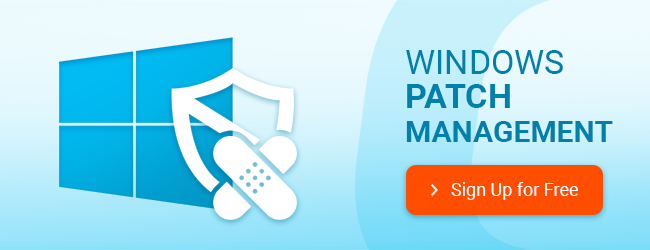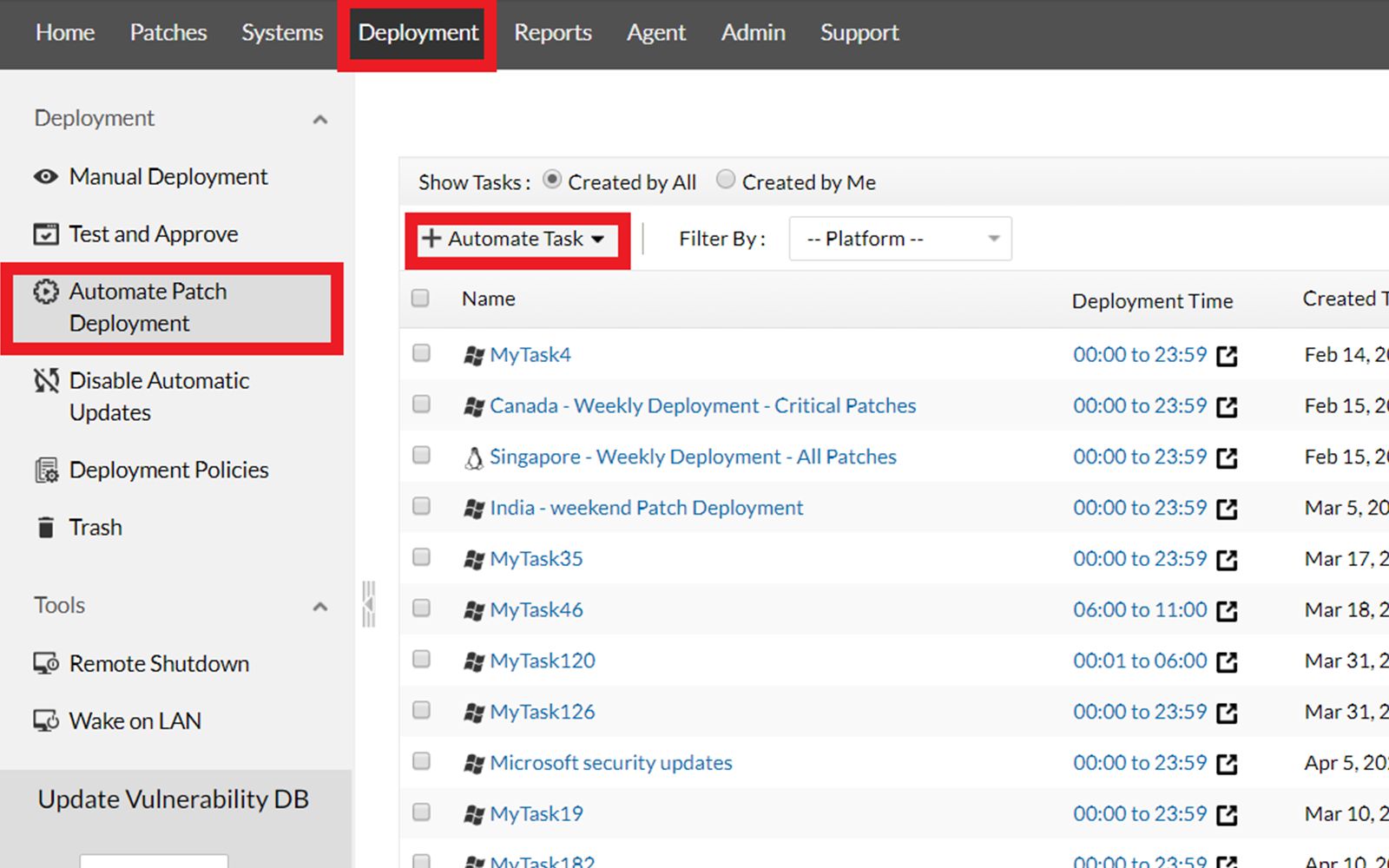

The recommended number of devices in this ring, based upon your environment size, is as follows: For more information on these procedures, see Moving devices in between deployment rings. You must manually add devices to the Test ring following the required procedure. Windows Autopatch doesn't automatically add devices to this deployment ring.


You can't create additional deployment rings or use your own for devices managed by the Windows Autopatch service. Modern Workplace Devices-Windows Autopatch-Broadįinal deployment ring for broad rollout into the organization.Įach deployment ring has a different set of update deployment policies to control the updates rollout. Modern Workplace Devices-Windows Autopatch-Fastįast deployment ring for quick rollout and adoption. Modern Workplace Devices-Windows Autopatch-Firstįirst production deployment ring for early adopters. Modern Workplace Devices-Windows Autopatch-Testĭeployment ring for testing update deployments prior production rollout. For more detailed information, see Windows feature updates.įor more information, see Microsoft 365 Apps for enterprise.įor more information, see Microsoft Edge.įor more information, see Microsoft Teams.ĭuring the tenant enrollment process, Windows Autopatch creates four Azure AD assigned groups that are used to segment devices into its deployment rings: Ring Windows Autopatch uses four deployment rings to manage Windows feature updates. For more detailed information, see Windows quality updates. Windows Autopatch uses four deployment rings to manage Windows quality updates. Software update workloads Software update workload Windows Autopatch connects all devices to a modern cloud-based infrastructure to manage updates on your behalf. Keeping your devices up to date is a balance of speed and stability.


 0 kommentar(er)
0 kommentar(er)
